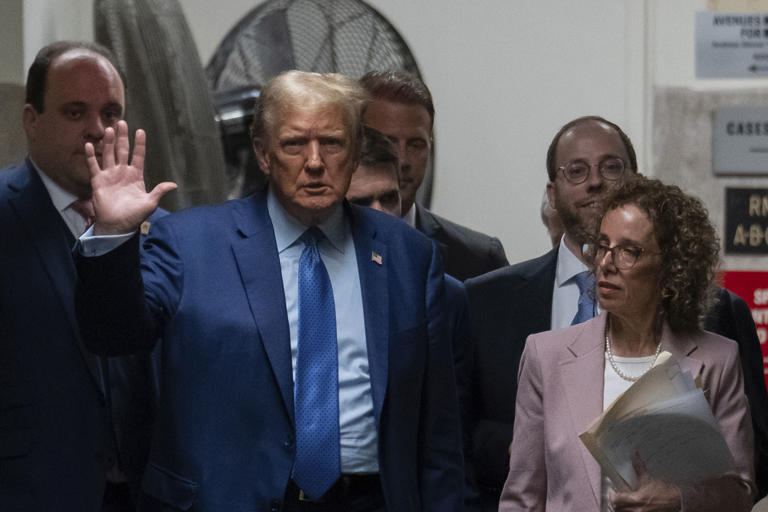The reported request made by former President Donald Trump for $1 billion in campaign donations from oil industry executives has ignited a firestorm of debate and scrutiny regarding the intricate nexus of money and politics in the United States. This revelation not only sheds light on the fundraising practices of political candidates but also raises profound questions about the integrity of the electoral process, the influence of special interests, and the efficacy of campaign finance regulations.
At the center of the controversy is the alleged solicitation made by Trump during a gathering at his Palm Beach residence, where he purportedly sought substantial financial support from oil industry leaders. The timing of this request, amid legal battles and fundraising challenges for Trump, underscores the significant role that financial resources play in modern political campaigns. It also underscores the lengths to which candidates may go to secure the financial backing necessary to mount competitive electoral campaigns.
Campaign finance experts and watchdog groups have been quick to scrutinize the legality and ethical implications of Trump’s request. While some argue that such solicitations may not technically violate bribery laws as currently interpreted by the Supreme Court, others caution that they raise serious concerns about the influence of money in politics and the potential for undue influence on policymaking.
Erin Chlopak of the Campaign Legal Center emphasizes that Trump’s request epitomizes broader systemic issues within the campaign finance system, highlighting the need for stronger enforcement mechanisms and reforms to safeguard the integrity of the electoral process. Similarly, Meredith McGehee, an expert on government ethics and campaign finance, underscores the ethical considerations surrounding the influence of big money on elections and governance, advocating for greater transparency and accountability in political fundraising.
Bradley Smith, chair of the Institute for Free Speech, offers a contrasting perspective, suggesting that soliciting campaign donations, even in substantial amounts, is a common practice in American politics. However, he acknowledges that the reported request may raise eyebrows due to its sheer magnitude and potential implications for policy decisions.
Craig Holman of Public Citizen raises concerns about the potential violation of federal contribution limits, as soliciting $1 billion in donations far exceeds legal thresholds for individual contributions to political campaigns. This highlights the need for robust enforcement of campaign finance laws to prevent the circumvention of contribution limits and ensure a level playing field for all candidates.
Beyond legal and regulatory considerations, the reported motivations behind Trump’s request, including promises to roll back environmental regulations and tax incentives, underscore the broader implications of large campaign donations on policy outcomes. Critics argue that allowing wealthy donors to wield disproportionate influence over political candidates undermines the democratic principles of fairness and representation.
In essence, the episode involving Trump’s solicitation of campaign donations from oil industry executives serves as a stark reminder of the complex and contentious nature of campaign finance in the United States. It underscores the need for ongoing scrutiny, reform, and enforcement to uphold the integrity of the electoral process and safeguard democratic principles.
